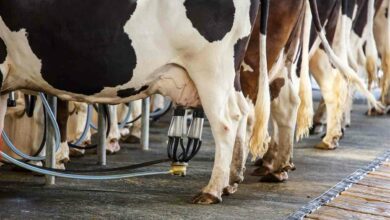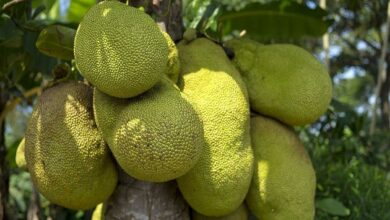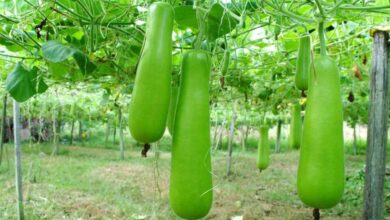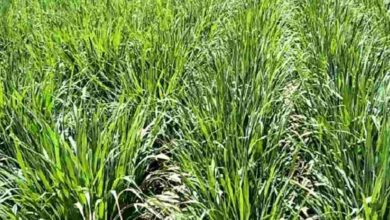Onion cultivation: This information related to onion cultivation will give bumper profits to farmers
Onion cultivation: An essential vegetable that is constantly in demand is the onion. In India, onions are grown extensively. Farmers are expressing interest in growing it even in Sonbhadra, the last district of Uttar Pradesh. This is the cause of the annual growth in the area used for onion growing. It is grown during the Rabi season in the majority of the nation, although farmers may grow it up to three times a year if they so want. Information about these onion types and how to grow them has been provided by agricultural specialists, and farmers may benefit much from them.
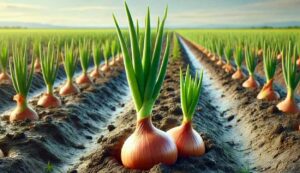
Principal types of onions
Tell us about the primary types of onions. It is possible to cultivate the N-53 variety wherever in India. It takes 140 days for it to mature. Each acre yields 250–300 quintals on average. Agri Discovered Dark RedAll parts of India are ideal for cultivating this cultivar. Its spherical scales measure between 4 and 6 cm. It typically yields 300 quintals per hectare and takes 95–110 days to mature.
What kind of soil is suitable?
Onion can be cultivated in different types of soils. Fertile loamy and sandy loamy soil with enough drainage and organic content are necessary for growing onions. The ideal soil has a pH between 6.5 and 7.5. Soils that are too alkaline or swampy are not suitable for growing onions.
Preparation of the land
Land preparation is of special importance in successful onion production. The first plowing of the field should be done with a soil turning plow. After this, 2 to 3 plowings should be done with a cultivator or harrow, after every plowing, do a plowing. So that the moisture is protected and the soil becomes friable. The planting is done on a 1.2 meter wide strip at a height of 15 cm from the land surface. The field should be prepared using the raised-bed system.
Manure and Fertilizer
The onion crop requires a lot of nutrients. Fertilizer should be used in onion crop only on the basis of soil testing. 20-25 tonnes of rotten cow dung manure should be added to the field one or two months before transplantation. Apart from this, it is recommended to give 100 kg nitrogen per hectare and 50 kg potash per hectare.
Preparing seedlings
Sandy loam soil is suitable for nursery. In a special conversation with the media, District Agriculture Officer Dr. Harikrishna Mishra told that farmers in Sonanchal are now showing more interest in cultivating onion than before. Farmers can earn good profits by producing better yield of onion.


